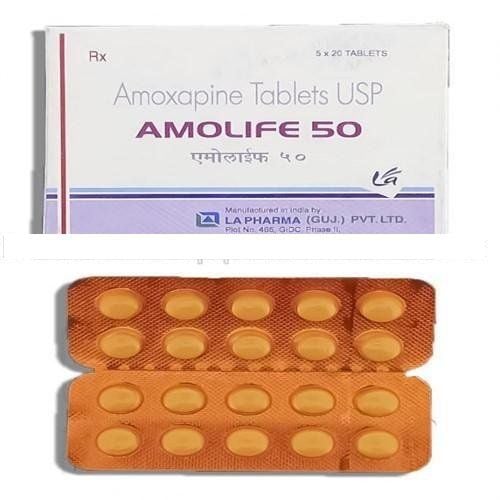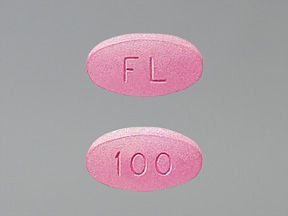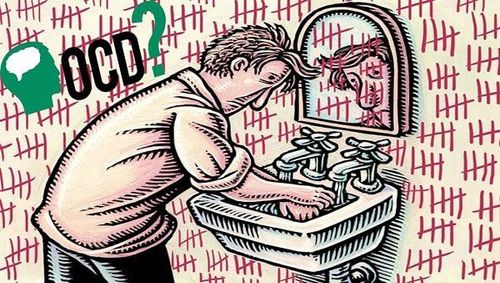This is an automatically translated article.
Personality disorder is an impaired mental health condition that affects your relationships and daily life. The forms of personality disorders vary in their manifestations, but the main causes are genetic factors and external influences. The disease is diagnosed mainly on the basis of clinical symptoms. Treatment of this disease requires a combination of medication and psychosocial treatment.
1. What is a personality disorder? Personality disorders are changes in one's thoughts, feelings, and actions that affect daily life and relationships. Sometimes the patient will have difficulty with the change. Some personality disorders have actions or words that make others feel odd or uncomfortable, which makes connecting more difficult. However, you are not always aware of the changes in your body.
2. Types of personality disorder 2.1. Paranoid Personality Disorder If you're a person with paranoid personality disorder, you'll always think people are trying to take advantage of you, even when there's no reason to. You can become angry when someone asks you questions or doesn't tell people about yourself because you always think that people can somehow use them against you. All of these things can make it difficult to trust others and build healthy relationships.
2.2. Schizoid Personality Disorder This condition can make it difficult to express your emotions. You may show little or no reaction if someone yells at you or makes compliments. You may have difficulty achieving orgasm and have little interest in sexual relationships. Others may think you lack goals or ambitions.
Watch now: Measures to treat personality disorders

Rối loạn nhân cách là những thay đổi về suy nghĩ, cảm nhận, hành động
2.3. Dependent Personality Disorder You may be too clingy because you hate being away from your closest friends. You don't have much confidence and aren't eager to try new things. Even everyday decisions can be difficult because you first feel like you need to be approved by others. And you can put up with abuse from someone just to keep them around.
2.4. Antisocial Personality Disorder You may try to make people angry, trick them, or treat them badly to get what you want. You may not care what is right or wrong. You can lie and do things that are reckless, violent, and even illegal. You don't feel bad about hurting others. You can abuse drugs and alcohol can also be a problem. People with this condition often have trouble keeping a job or taking care of their family.
2.5. Irregular personality disorder You may have a sudden change in feelings of anger, sadness, or anxiety. You can frantically try to connect with someone if you think they want to separate from you. Then swing between the extremes. You can be perfect one day and terrible the next. This makes relationships strained, fractured. You may act impulsively, for example: Drug abuse, reckless driving or risky sex.. These things happen if you don't have a clear sense of who you are. me.
2.6. Historical Personality Disorder Your desire for attention is stronger than any other feeling. You use all means to be the center of attention and seem disinterested in others. You may be overly concerned with how you look and dress sexy to attract people even when it's inappropriate. You can act like you're on stage, with emotions and words changing very quickly.
2.7. Narcissistic Personality Disorder You want to make yourself look good, even if you have to hurt or ignore others to do so. You can brag a lot or pretend to be someone else. In addition, you can discourage people who want to have their say, especially if you consider yourself more important. You can get angry when you're not being treated the way you want. Internally, you are insecure, sensitive, and can be lashing out if criticized. You will become erratic and depressed if someone makes you feel less than perfect.
2.8. Avoidant Personality Disorder No one wants to look stupid, but with this condition, you'd rather be alone than take the slightest risk, for example, that someone will reject you or make you look bad. in front of others. You can make matters bigger than necessary, have a hard time trying new things, and find yourself unattractive. This can make you afraid to connect with others and very uncomfortable in large groups.
2.9. Obsessive-compulsive personality disorder The desire to control people, tasks, or situations is at the core of this disorder. Your attention to rules, details and order can be extremely serious. You may find it difficult to relax or like you have to do everything yourself. You can judge others harshly.
This is not the same as obsessive-compulsive disorder, where an irrational thought pattern can cause you to do something over and over again, such as washing your hands too much to keep germs away.

Phương pháp được sử dụng phổ biến cho người bị rối loạn nhân cách là liệu pháp tâm lý
3. Treatment measures for personality disorders General principles of treatment for patients with personality disorders include:
Alleviating subjective discomfort Correcting problematic personality aspects Make the patient understand the problem the main problem is within them Minimize maladaptive or socially inappropriate behaviors Correcting problematic personality traits Treatments: Commonly used methods for people with the disorder Personality is psychotherapy. If the patient seeks treatment on his own and has a change in goal, individual or group psychotherapy can be effective.
Usually there is no medication that works specifically for personality disorders. However, some drugs can be used to treat specific symptoms such as depression, anxiety,... Your doctor can prescribe you with the following drugs:
Antidepressants Antipsychotic drugs anti-anxiety medications (except for those with certain personality disorders) Mood stabilizers A personality disorder is a person with a rigid personality who finds it difficult to adapt to the outside world. They leave the patient in distress, leading to a decline in work performance and ability to interact with people. The patient should be started to use psychotherapy as soon as possible.
Follow Vinmec International General Hospital website to get more health, nutrition and beauty information to protect the health of yourself and your loved ones in your family.
Please dial HOTLINE for more information or register for an appointment HERE. Download MyVinmec app to make appointments faster and to manage your bookings easily.













